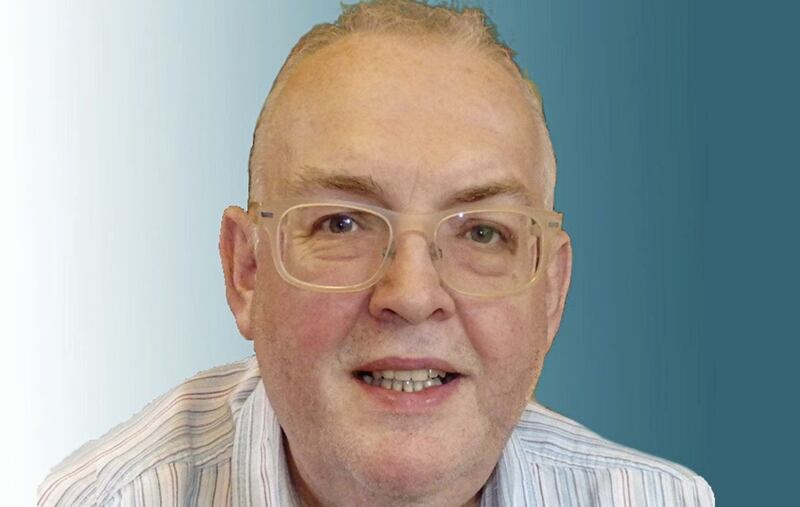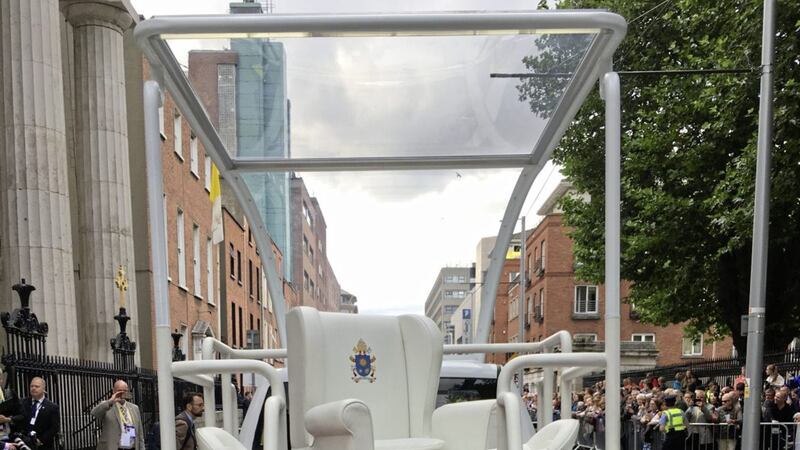Even if we don’t know who said it, we all know the quote: “Power tends to corrupt and absolute power corrupts absolutely.”
The words belong to the Victorian historian Lord Acton who went on to say: “Great men are almost always bad men, even when they exercise influence and not authority.”
And there is evidence enough to support his generalisation – and it is a generalisation. History is full of despots who have abused their power for personal gain regardless of the human cost.
What has been lost to us is the context of Acton’s remarks.
Acton, who was refused entry to Cambridge because he was a Catholic, was a leading Liberal, for a time the Member of Parliament for Carlow, and a close friend of Gladstone who secured his elevation to the peerage.
Acton succeeded John Henry Newman, Cardinal Newman, as editor of the Catholic monthly The Rambler in 1859. It later became The Home and Foreign Review and was critical of the Church, but it folded after the Pope issued an edict saying Catholic writers were subject to the authority of Rome.
This was a period when the papacy was flexing its muscles. Acton travelled to Rome to campaign unsuccessfully against the Doctrine of Papal Infallibility which was promulgated at the First Vatican Council in 1870.
And this pernicious act of papal aggrandisement was the prompt for Acton’s most famous statement, made in a letter to an Anglican bishop and intellectual.
He wrote: “I cannot accept your canon that we are to judge Pope and King unlike other men, with a favourable presumption that they did no wrong. If there is any presumption it is the other way, against the holders of power, increasing as the power increases.
“Power tends to corrupt, and absolute power corrupts absolutely. Great men are almost always bad men, even when they exercise influence and not authority, still more when you superadd the tendency or the certainty of corruption by authority.
“There is no worse heresy than that the office sanctifies the holder of it.”

It is worth reflecting on those words as the visit of Pope Francis to Ireland enters its afterlife, and the memories fade into history.
From what I can see, Francis is an honourable man and a man of deep humanity.
But he is also the holder of an office which transcends him, an office that bases its authority on divine right, but an office that has been debased by many of those who have held it.
The Church Francis leads has failed its people on so many fronts. In the pursuit of power it has lost its moral authority, and it has negated the very real and transformative work of many individual priests, religious and members of the laity.
Bishops, cardinals and popes have confused their own self-interest with the interest of the Church. And they have shown themselves ill-equipped for the job at hand.
One of the things said to be attractive about Catholicism is the way it has held the line about moral truths in the face of contemporary decadence, but many of these so-called truths are man-made not God given. They are declarations designed to exercise command and control. Acton saw that all too clearly almost 150 years ago.
These edicts have resulted in the suppression of women, the oppression of people who love members of their own sex, the abuse of children and exploitation of adults.
When Luther ushered in the Reformation he had right on his side. Francis had the opportunity to usher in another Reformation, but he is too far into his papacy now I fear to deliver.
He is a prisoner of his own upbringing and conditioning, and that affects his room for manoeuvre. But worse he is a prisoner of the curia. The Vatican bureaucracy has got him where it wants him.
That he lives in comparative humility in a hostel rather than a palace, and drives round in a Skoda, may be refreshing. But it is not enough. The men (dispiritingly they are all men) in a position to effect change are the ones responsible for the current crisis. They are hunkered down and hoping the storm will pass.
Francis’s visit to Ireland might prove a turning point. He got some things right, including his meeting with those let down brutally by their Church. But if the past is any predictor of the future, the Church will continue to fail, and – more than ever - the faithful will need to put their faith in God rather than prelates.









